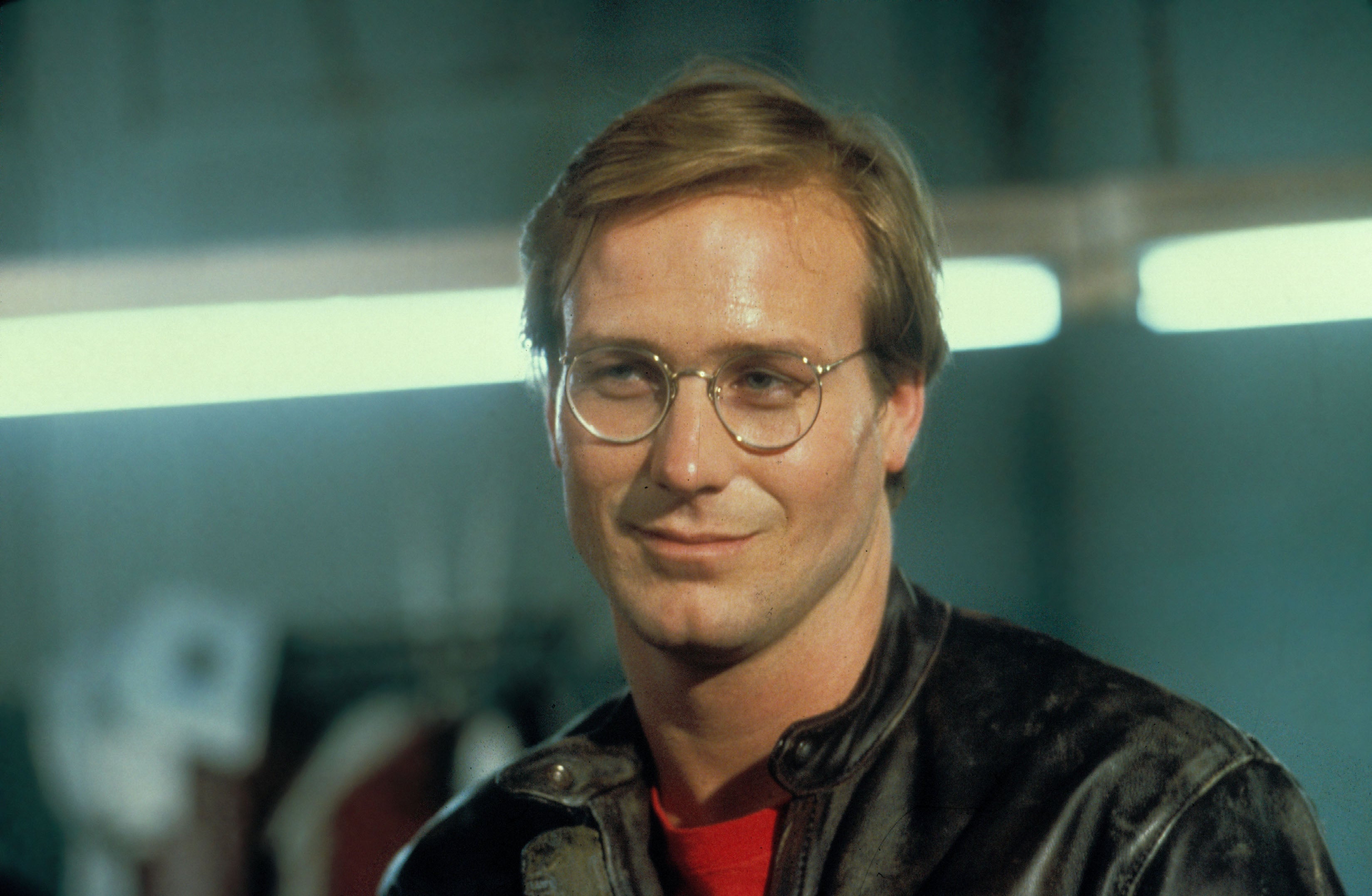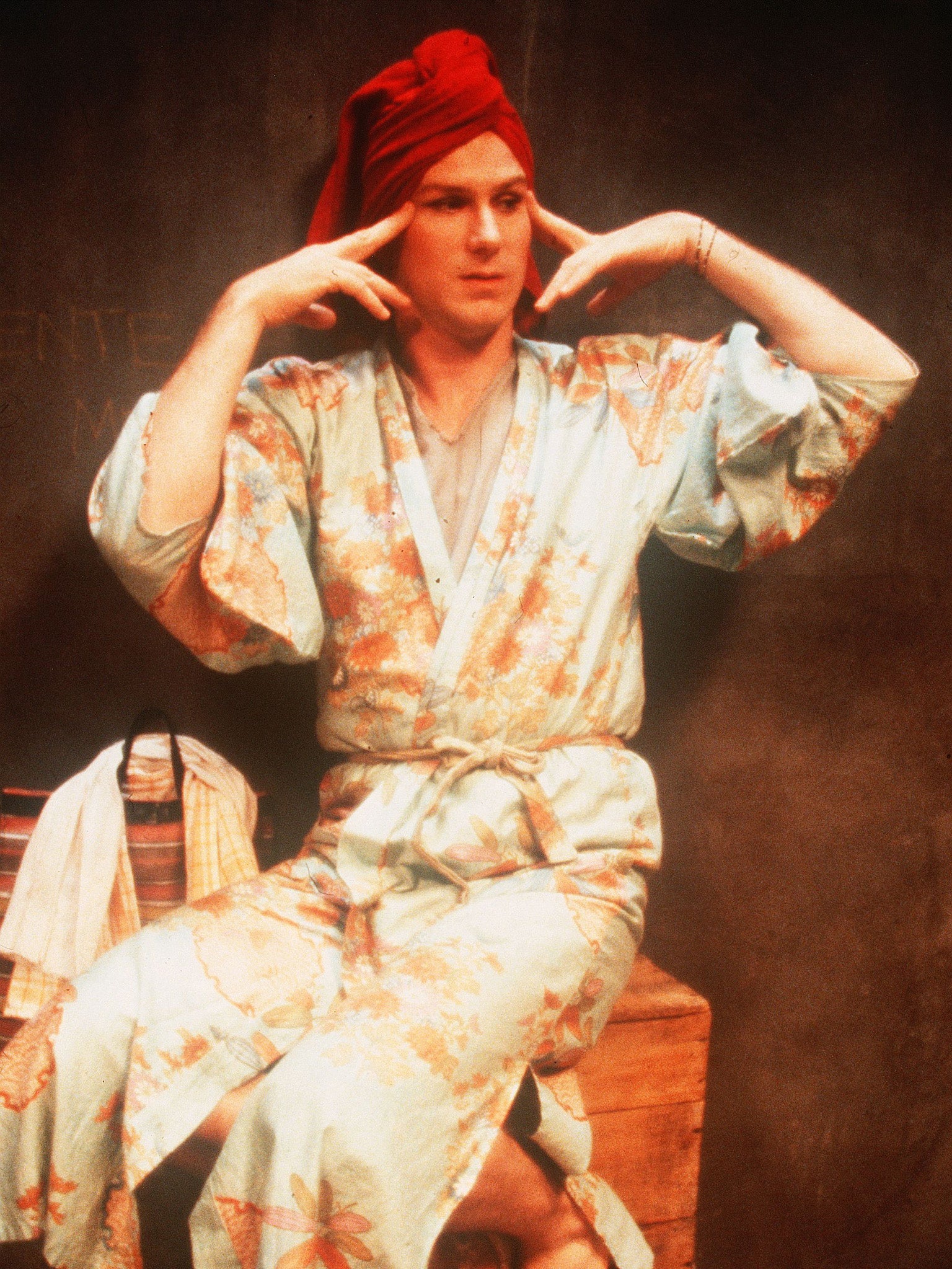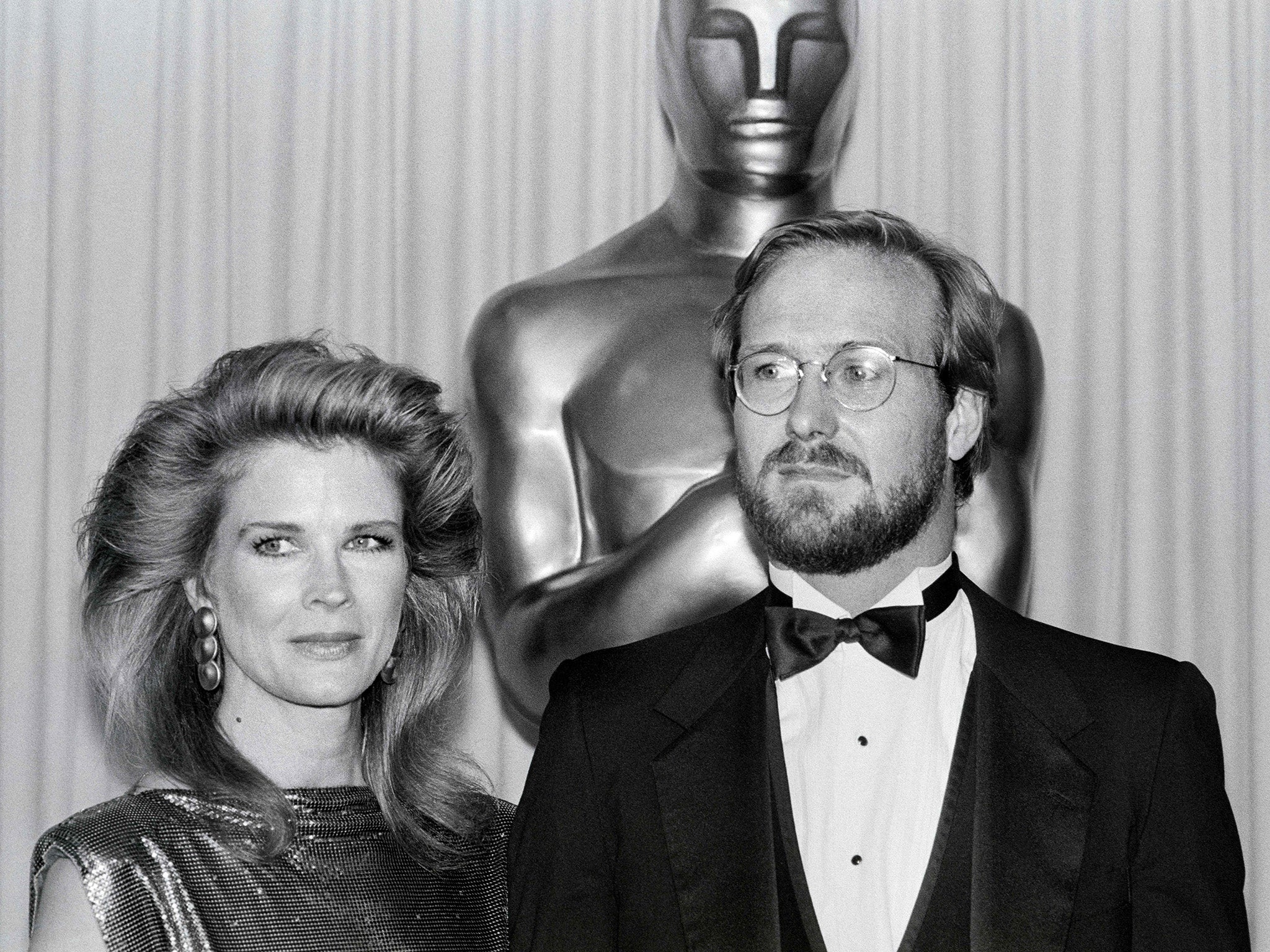
William Hurt, a leading man of 1980s Hollywood who rose to stardom as a cocky but indolent lawyer in Body Heat, won an Oscar for playing a gay man jailed under a South American dictatorship in Kiss of the Spider Woman and later established himself as a versatile, mould-breaking character actor, has died aged 71.
Hurt made his film debut in the 1980 psychedelic horror film Altered States, playing an obsessed scientist whose experiments with sensory deprivation lead him to turn into a primeval, apelike creature. The next year, he delivered his breakout performance in director Lawrence Kasdan’s neo-noir thriller Body Heat, as a south Florida lawyer seduced by Kathleen Turner and roped into murdering her husband.
The movie was a sultry, shadow-filled throwback to 1940s film noirs such as Double Indemnity. And Hurt – tall, blonde and blue-eyed, with a square jaw and charmingly laconic screen persona – was suddenly in great demand. He reunited with Kasdan to play a cynical, drug-addicted Vietnam War veteran in The Big Chill (1983), and received three consecutive Academy Award nominations for best actor, including as an idealistic teacher of the deaf in Children of a Lesser God (1986) and a handsome but ethically compromised newscaster in Broadcast News (1987).
“His talent is to trust that less is more,” Kasdan told film critic Roger Ebert after directing Hurt in a third film, The Accidental Tourist (1988). “I don’t think anyone does that better in American acting. It’s to trust that the camera sees everything if you are feeling it and if you’re true – and Bill is true.”
Hurt won the Oscar for Kiss of the Spider Woman (1985), a drama adapted from Manuel Puig’s novel of the same name. His performance, as a gay window dresser who trades stories with his prison cellmate (Raul Julia), secured his reputation for playing multilayered characters with a seemingly effortless charisma. Ebert wrote that Hurt “creates a character utterly unlike anyone else he has ever played – a frankly theatrical character, exaggerated and mannered – and yet he never seems to be reaching for effects”.
Before entering movies, Hurt built an extensive portfolio of theatre roles, culminating in his Tony-nominated performance in David Rabe’s dark comedy Hurlyburly, which was directed by Mike Nichols and opened on Broadway in 1984. He described himself early on as a character actor trapped “in a leading man's body”, and tended toward supporting roles later in his career, including in Steven Spielberg’s AI: Artificial Intelligence (2001), M Night Shyamalan’s The Village (2004) and David Cronenberg’s action thriller A History of Violence (2005), which earned him his fourth Oscar nomination, this time for best supporting actor.

Hurt was in some ways an unlikely film star. Cerebral and intense, balding by his mid-thirties, he studied theology in college and continued to live on the East Coast even after he began making movies. By some accounts, he could be difficult to work with; he reportedly struggled with alcohol and drug abuse, and his former girlfriend Marlee Matlin, who won an Oscar starring opposite him in Children of a Lesser God, said in a 2009 memoir that he physically and emotionally abused her during their relationship in the 1980s. “My own recollection is that we both apologised and both did a great deal to heal our lives,” Hurt said in a statement at the time.
He rarely spoke about his personal life in interviews, preferring instead to deliver impassioned monologues about consumerism, the relationship between church and state, the science of condensation or the “homogenised disruptive entities” that made acting difficult.
“Elliptical? Philosophical? I can be that way,” he told The New York Times in 1994, before turning to the meaning of life. “There’s fear or faith. If you’re living by fear, then you’re always looking for security. If you’re living by faith, then you’re always looking for freedom.” He added that when it came to achieving a faith-filled existence, “You just keep at it. Defeating fear is not a light switch. For most of us, it’s daily work.”

William McChord Hurt was born in Washington on 20 March 1950. His father worked on US foreign assistance programmes and was posted to Guam, where Hurt spent his early years before his parents divorced. He was 10 when his mother, who worked on business operations at Time Inc, married Henry Luce III, a son of the media company’s co-founder.
Hurt attended Middlesex prep school in Massachusetts and Tufts University outside Boston, where he studied theology and then drama, and received a bachelor’s degree in 1972. He enrolled in the acting programme at the Juilliard School in Manhattan but chafed at the school’s strict disciplinary requirements, leaving in 1975 to embark on a cross-country road trip.
His travels took him to Oregon, where he had his breakthrough as an actor while appearing in a local production of Eugene O’Neill’s Long Day’s Journey Into Night. “I had worked for years in complete darkness, complete doubt, complete confusion,” he later told New York magazine. “And then, one day, I walked out onstage and realised I had some craft. It was just there – and it felt so good.”
Returning to New York, he appeared in off-Broadway plays with the Circle Repertory Company, winning an Obie Award in 1977 for My Life and starring in the original production of Lanford Wilson’s Fifth of July.

Hurt was later featured in the movies Eyewitness (1981), as a janitor who teams with a TV news reporter to solve a murder, and Gorky Park (1983), based on a mystery novel by Martin Cruz Smith about a Soviet detective. By the 1990s, he was appearing in more offbeat, independent films, declining a role in Jurassic Park to appear in movies such as Wim Wenders’s Until the End of the World (1991) and Wayne Wang’s Smoke (1995).
He continued to work with major directors, appearing in Nora Ephron’s Michael (1996) and Franco Zeffirelli’s Jane Eyre (1996), while also joining big-budget projects such as Lost in Space (1998), a widely panned adaptation of the 1960s sci-fi series. Beginning with The Incredible Hulk (2008), he appeared in several Marvel movies as Thaddeus “Thunderbolt” Ross, an army general who becomes secretary of state.
Hurt also worked on television, appearing in the legal drama Goliath and earning Emmy Award nominations in 2009, for his guest role in the drama series Damages, and in 2011, for starring as treasury secretary Henry Paulson in the TV movie Too Big to Fail, about the 2008 financial crisis.
His marriages to actress Mary Beth Hurt and Heidi Henderson ended in divorce. He also had a relationship in the 1980s with Sandra Jennings, who unsuccessfully claimed in court that she had been Hurt’s common-law wife and was entitled to a share of his earnings.
Hurt had four children. Information on survivors was not immediately available.
Although Hurt delighted in talking about acting, he said he had little interest in the celebrity status that accompanied his success. Interviewed by The Times in 1989, he recalled that he once tried to escape out of a restaurant’s back door after realising a photographer was waiting to snap his photo outside the main exit. The owner declined his request, saying, “You wanted to be the celebrity. You wanted this.”
“And I told him, ‘You don’t know what I wanted. How dare you tell me what I wanted? That’s not what I wanted.’ What I wanted to do was something very generous. And I still want that, and I get great joy out of it,” he said. “Because it’s something I can share. It’s my window. It’s what I look at beauty through.”
William Hurt, actor, born 20 March 1950, died 13 March 2022
© Washington Post







